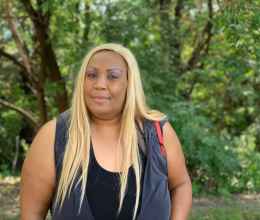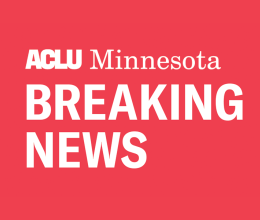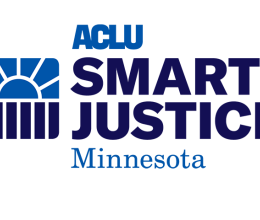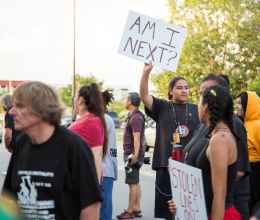
The ACLU of Minnesota is committed to combating racism in all of its forms. Our advocacy in this area includes litigation, community organizing and training, legislative initiatives, and public education.
The ACLU-MN seeks to extend constitutionally guaranteed rights to people and communities who have historically been denied their rights on the basis of race. The significance of racial justice cannot be overstated in Minnesota.
The disparity in arrests, incarceration and sentencing of persons of color is well documented and alarming. We have experienced recent and painful examples of police violence directed at the African-American community. As a state, Minnesota has far too often responded to certain issues in communities of color as problems that can be fixed only by harsh policing instead of seeking to resolve issues through careful, thoughtful analysis, with community engagement and appropriate allocation of resources.
Racial justice includes criminal justice reform and policing reform, as well as eliminating inequities in housing, education, employment, healthcare, community and economic development, and other areas. Our current strategic priority for racial justice focuses on criminal justice reform and policing reform, but we will collaborate with other organizations that focus on other aspects of racial justice.



